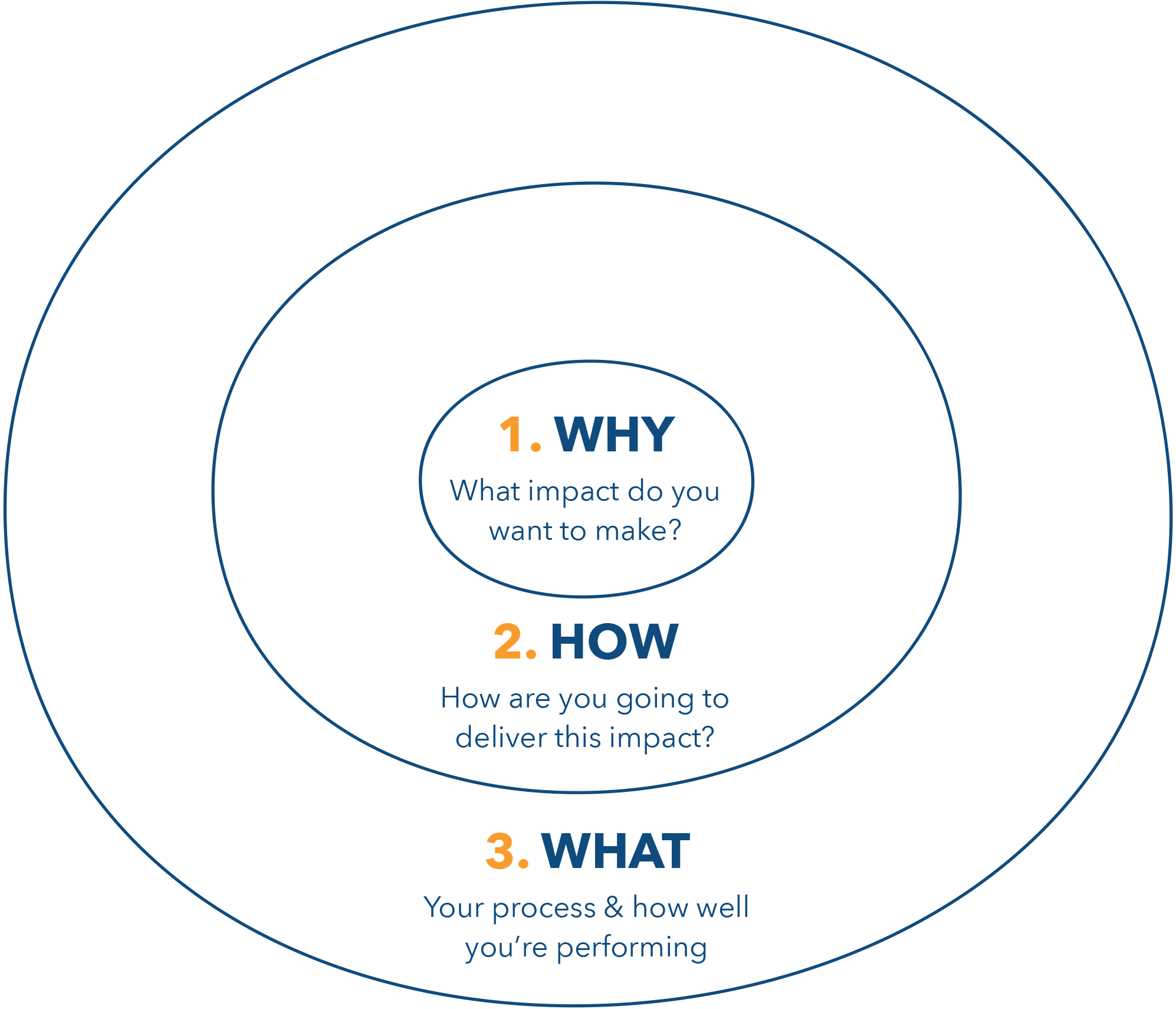Are you making an impact?
Measure your purpose.
Perhaps a better question to ask, is how do you know whether you’ve made an impact?
We find that many organisations struggle to respond when asked about the impact they are having and the outcomes they have delivered. But why? Let’s look at this together.
“Who are we, if not measured by our impact on others?”
(Carl Sagan)
The importance of making an impact
Many people don’t measure impact because it’s a daunting, difficult task which is affected by numerous factors that are beyond your control. As a result, organisations measure the things they are doing (actions) because it’s easier than measuring outcomes.
But, without measuring the outcomes how do you know if the actions you took were the correct ones?
Let’s take an example, many local authorities (housing organisations and some charities too) have an objective to ‘meet their local housing need and reduce homelessness’. These organisations often measure the suitability of the accommodation they have, because it’s easy to measure. Whereas a better outcome to measure would be the percentage of people in their local area who aren’t in suitable accommodation.
Whilst it might be harder, and more easily influenced by other factors outside your control, measuring the latter outcome measure will not only evidence the impact you’re having, it will also influence the actions you take. A good measure drives the right activity, instead of simply measuring activity.
Our thoughts on how to make a difference
So how do you measure outcomes? Firstly you need to be clear about your purpose. You need to make sure that you express that purpose as a statement of ‘why’ you do what you do, about the impact you want to have. Your ‘why’ will never really change, it might expand, but it won’t fundamentally change. Whereas ‘what’ you do, and ‘how’ you choose to do it will change over time. Look at how services have changed as a result of COVID. It’s also important to measure aspects of your ‘how’ and ‘what’, but these are not your impact measures.
At Ad Esse, we are big fans of Simon Sinek; if you haven’t already read his book, ‘Start with Why’, we thoroughly recommend it. Alternatively, watch his Ted Talk, where he explains the importance of starting with ‘why?’ through the golden circle concept illustrated below.
Establish a measurement framework
Below is a clip from our recent webinar, ‘how to design effective measures’. In the video below, Rhiannon explains how to establish a measurement framework by starting with the impact you want to have.
Examples of how other organisations could measure impact
The WWF wants to help people and nature thrive through conservation work. If their ‘why’ is to help people and nature thrive, impact measures would include things like the number of species declining (the fewer the better), a reduction in the urbanisation of protected areas, and the world living off more natural resources.
Cross-industry examples of measuring impact
Tony Chocolonely wants to make 100% slave free the norm in chocolate.
In order to evidence their impact, they would need to not only measure the percentage of their own chocolate that is slave free, but also measure the percentage of all chocolate worldwide that is sold slave free. You can see how measuring their purpose directly might lead to the organisation doing very different things, like working to revolutionise the supply chains for all chocolate providers.
Lush wants to create a cosmetic revolution to save the planet.
Commendably, Lush measures the ratio of natural ingredients (65%) vs safe synthetic (35%), as well as the number of environmentally friendly Lush products sold in comparison to plastic alternatives. However, for this to be an impact measure, they should measure these things for the entire cosmetic industry. Doing so might make them switch focus from improving the proportion of natural ingredients in their own products, to activities like increasing their market share for cosmetic products or influencing the composition of other provider cosmetics.
“Care Contracting… has seen a major improvement to revenue collection. It has shortened revenue collection times and increased our care hours this year by over 23,000”
(Philippa Crowther, Chief Executive at The Wilberforce Trust)
Measuring impact allows you see your services through a whole new lens. It will drive improvement and ultimately result in you doing different things in different and better ways, creating a better service for your customers, colleagues and community.
If you need any help with putting effective measures in place, ask us by emailing hello@ad-esse.com





